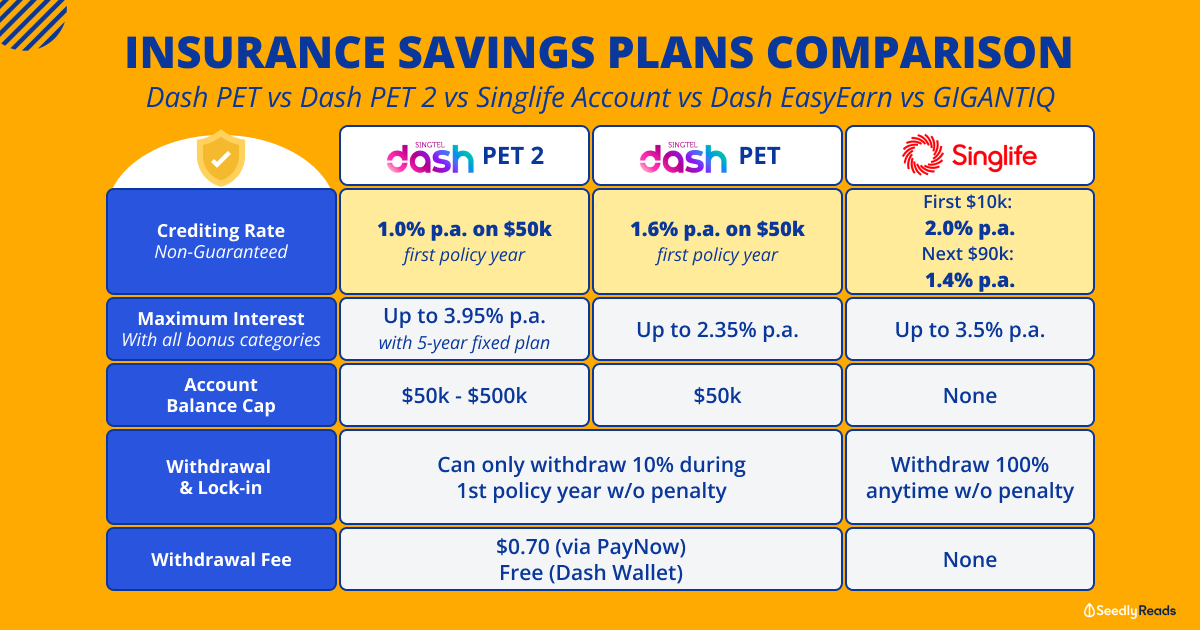Advertisement
13 Oct 2019
How does a cancer insurance plan compare against CI plan covering major cancers?
What’s the main takeaway?
2
Discussion (2)
Learn how to style your text
Hariz Arthur Maloy
13 Oct 2019
Independent Financial Advisor at Promiseland Independent
Reply
Save
Elijah Lee
13 Oct 2019
Senior Financial Services Manager at Phillip Securities (Jurong East)
Hi,
If you are comparing standalone cancer plans, most of them are term plans, meaning that you will have to pay for the full duration of the plan, and the coverage will only be for the period you choose. Some plans have premiums in age bands, meaning that the premiums increase as you age. Should you surrender the plan early, there is no surrender value. The payout, should you be diagnosed, will be a flat amount. Should you reach the end of the plan, and did not make a claim, then the plan terminates with no further benefits.
Contrast this to a CI plan covering major cancers, they can be Whole Life plans, meaning that you would get coverage for the whole of life, while only paying premiums for a limited amount of time. Premiums are usually level. Benefits can also be increased due to the bonuses that are added on top of the plan, and should you reach age 99 or 100 where some of these whole life plans mature, you will get a payout equivalent to the sum assured plus bonuses. There is also a surrender value, which will increase over time. The coverage is also not limited to cancer, but to the critical illnesses defined in the policy (usually the standard list of 37).
Or, it could be a traditional term plan cover, which would act as a cancer insurance plan, but will have coverage for all CI. Another possibility is a multi-pay CI plan, which also covers CI, but allows for multiple claims, subject to policy-specific criteria.
The main takeaway? You might want to ask yourself these questions: Do you want to only specifically get coverage for cancer? And for how long? How long do you want to pay premiums for?
A standalone cancer plan can act as a good add on if you already have a plan covering major CI/ECI. That should be your basic coverage first. Beyond that, you can consider cancer plans as a form of the additional cover.
Reply
Save
Write your thoughts
Related Articles
Related Posts
Related Posts
Advertisement








I'll keep it simple.
A cancer insurance policy provides a lump sum payout if you contract a form of cancer, usually in the advanced stage, with some provisions given if it was an early form of cancer.
These are terms policies you pay for an X amount of years after the policy ends, coverage also ends.
The other policies you mentioned, are Critical Illness Policies. The same thing, it provides you with a lump sum of money, but covers multiple illnesses, anywhere between 37 to 171 that can also cover only advanced stage or all stages of illness with relapse benefits. And major cancers are definitely one of the conditions covered.
In terms of price, I'm sure you can tell a cancer-only policy is cheaper.
While cancer is probably the biggest killer in Singapore, heart-related illnesses are also pretty close.
I'll make sure I have a full coverage Critical Illness policy first, and if I'm additionally worried for cancer due to family history or whatever other reason, I may get more cover via a cancer-only policy.